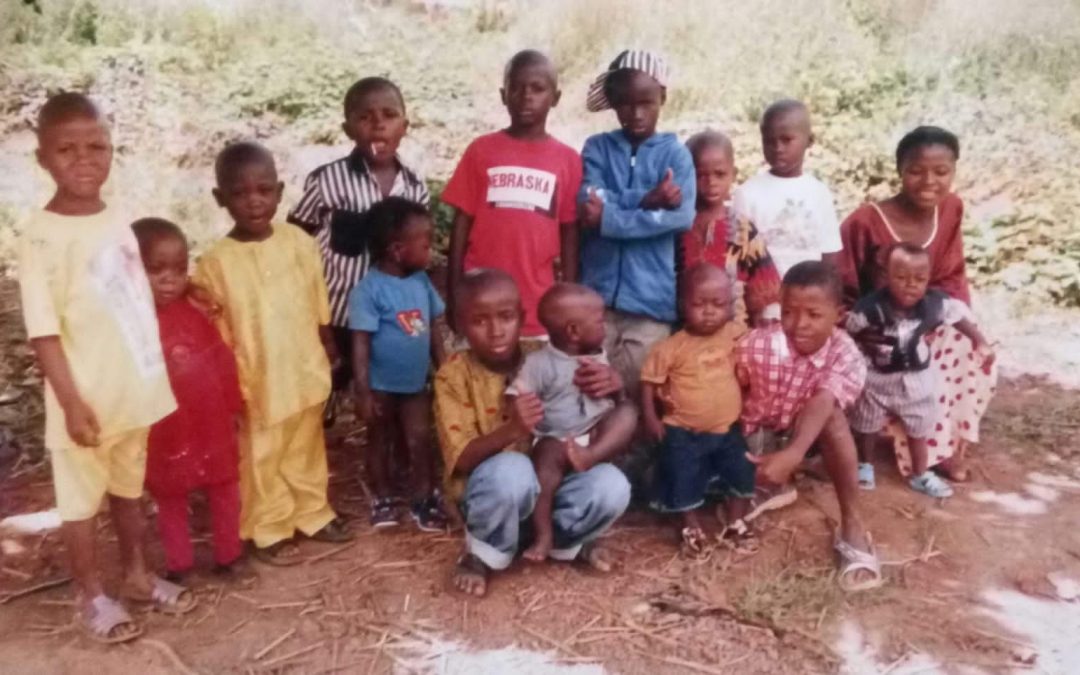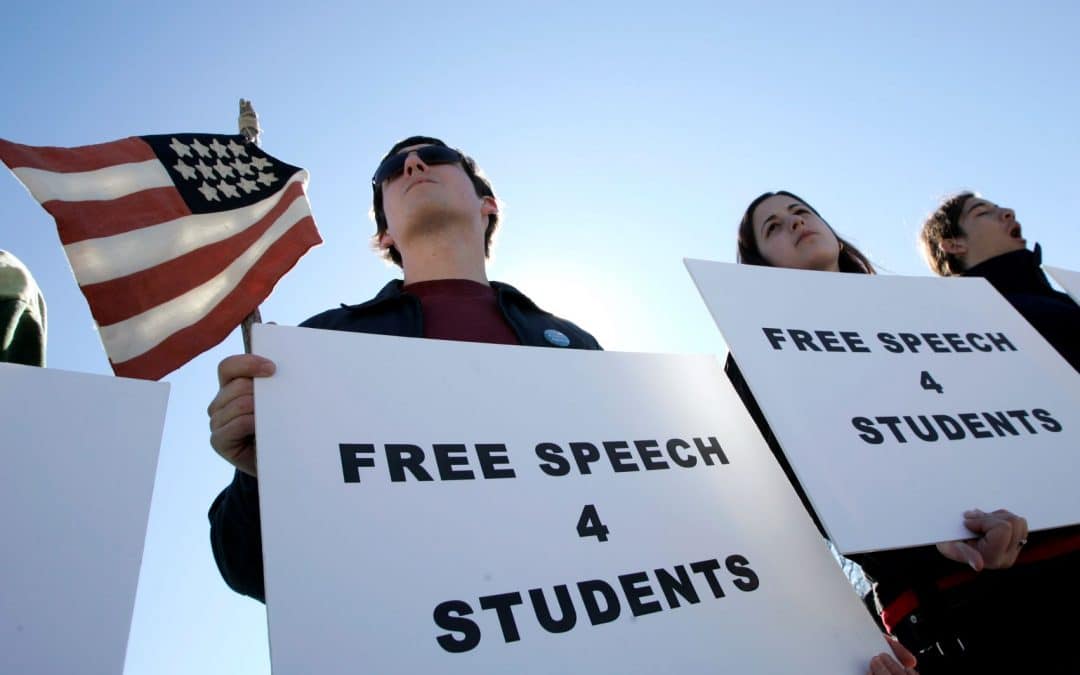
by Tendayi Chirawu | 18 Dec 2020 | Friends Seminary, News Decoder Updates, Youth Voices
A former Student Ambassador, Malik Figaro was News Decoder’s first intern from a partner school. Here are lessons he has drawn in his gap year. Malik Figaro, News Decoder’s most recent intern, was nervous before he decided to take a year off between high...

by Herchi Abdslem | 4 Dec 2020 | Africa
My friend Zied was bright and destined for a great career. Instead, he quit school — like so many students in Tunisia who opt for dropping out. Unemployed graduates demonstrate in Tunis, Tunisia, urging the government to provide them with job opportunities, 22 January...

by Varlee S Fofana | 10 Nov 2020 | Africa, African Leadership Academy, Contest winners, Discovery, Educators' Catalog, Identity, Personal Reflections, Refugees, Student Posts, Youth Voices
My family fled civil war in Liberia to a refugee camp in Guinea in West Africa. I learned the power of resilience and the value of diversity. The author, in white next to the woman on the right, at the Kouankan refugee camp in Guinea This story won first prize in News...
News Decoder’s goal is to create a global community, and Varlee Fofana has added his unique voice to the conversation with an essay about growing up in a refugee camp in Guinea. Not many News Decoder students have had to flee civil war as Fofana did, yet many play football, as the author did to connect with other refugee children. Gathering wood, plowing farmland or selling kerosene might not be common chores for most News Decoder students, but they, too, face challenges. Ask your class to read Fofana’s story and then, in up to 600 words, describe a personal experience that shaped their life and character. Encourage them to follow Fofana’s example by using simple words and an unassuming tone to draw readers into their world.

by Lucy Jaffee | 27 Oct 2020 | Contest winners, Educators' Catalog, Human Rights, La Jolla Country Day School, Student Posts, Youth Voices
A U.S. school district wants the Supreme Court to overturn a landmark free speech case and let it punish a student for criticizing her school online. Students protest for the right to free speech outside the Supreme Court in Washington, DC, 19 March 2007. (AP...
Lucy Jaffee of La Jolla Country Day School tackled a complicated topic — a court case involving a student’s freedom of speech and social media — by interviewing two experts, including the foremost authority on the U.S. First Amendment, Floyd Abrams. The lesson: If you put effort into understanding an issue, experts will be glad to speak to you. Students should contact experts because they will offer unique insights and help answer the question, “What next?”
The case Jaffee’s article focuses on lends itself to classroom discussion because it engages a matter of great interest to students. While students may instinctively side with the young woman whose Snapchat post triggered the controversy, there may be other off-campus outbursts on social media — Holocaust denial, racist language — that they might like to see sanctioned. Like so much in life, First Amendment issues often lie in the gray zone.

by Tiziana Barghini | 22 May 2020 | Health and Wellness
The economic effects of the COVID-19 pandemic will fall mainly on youth. Here are ways young people can mitigate the impact. High school students keep their “social distance” during a graduation ceremony on a motor speedway track, Fort Worth, Texas, 19 May 2020. (AP...





